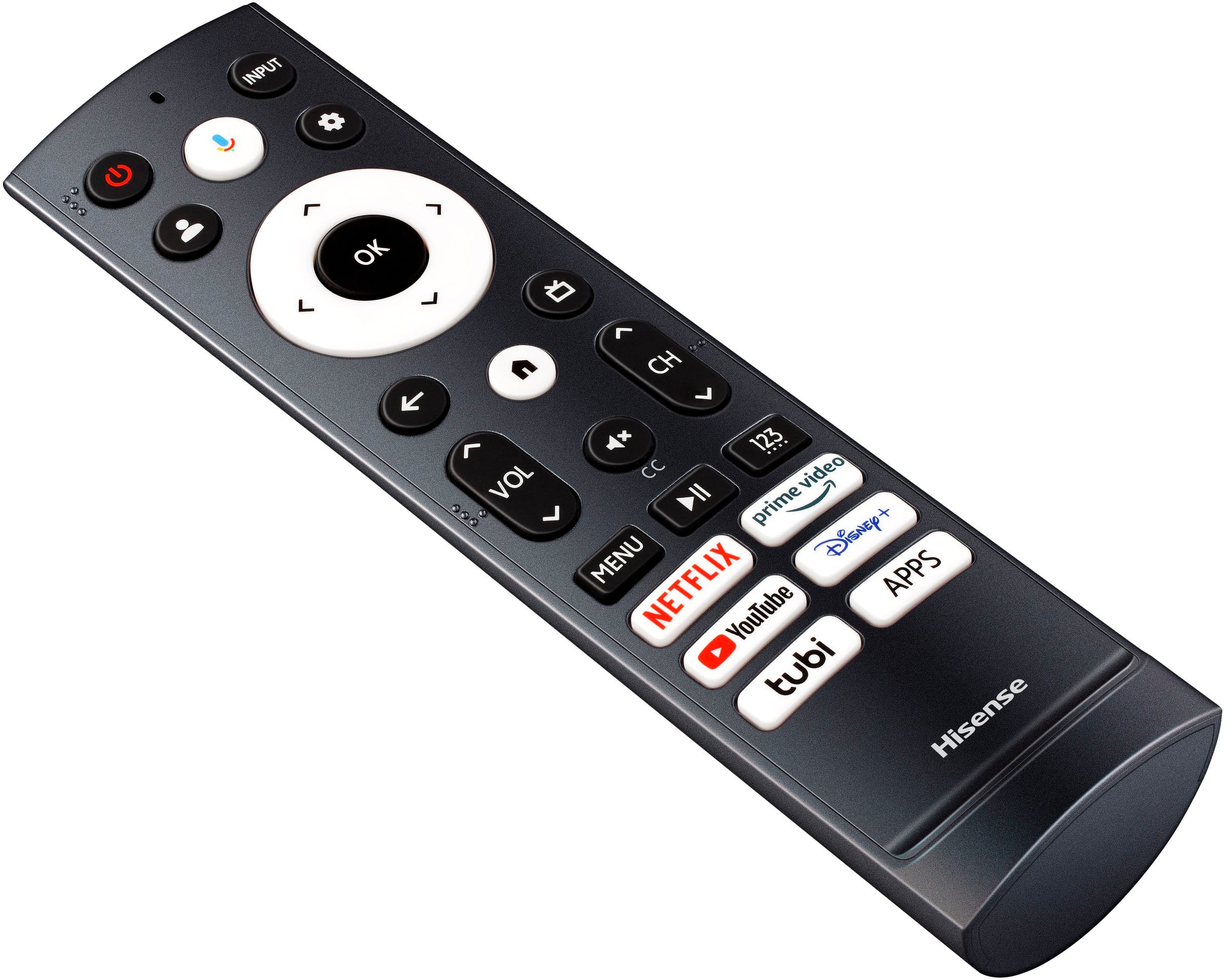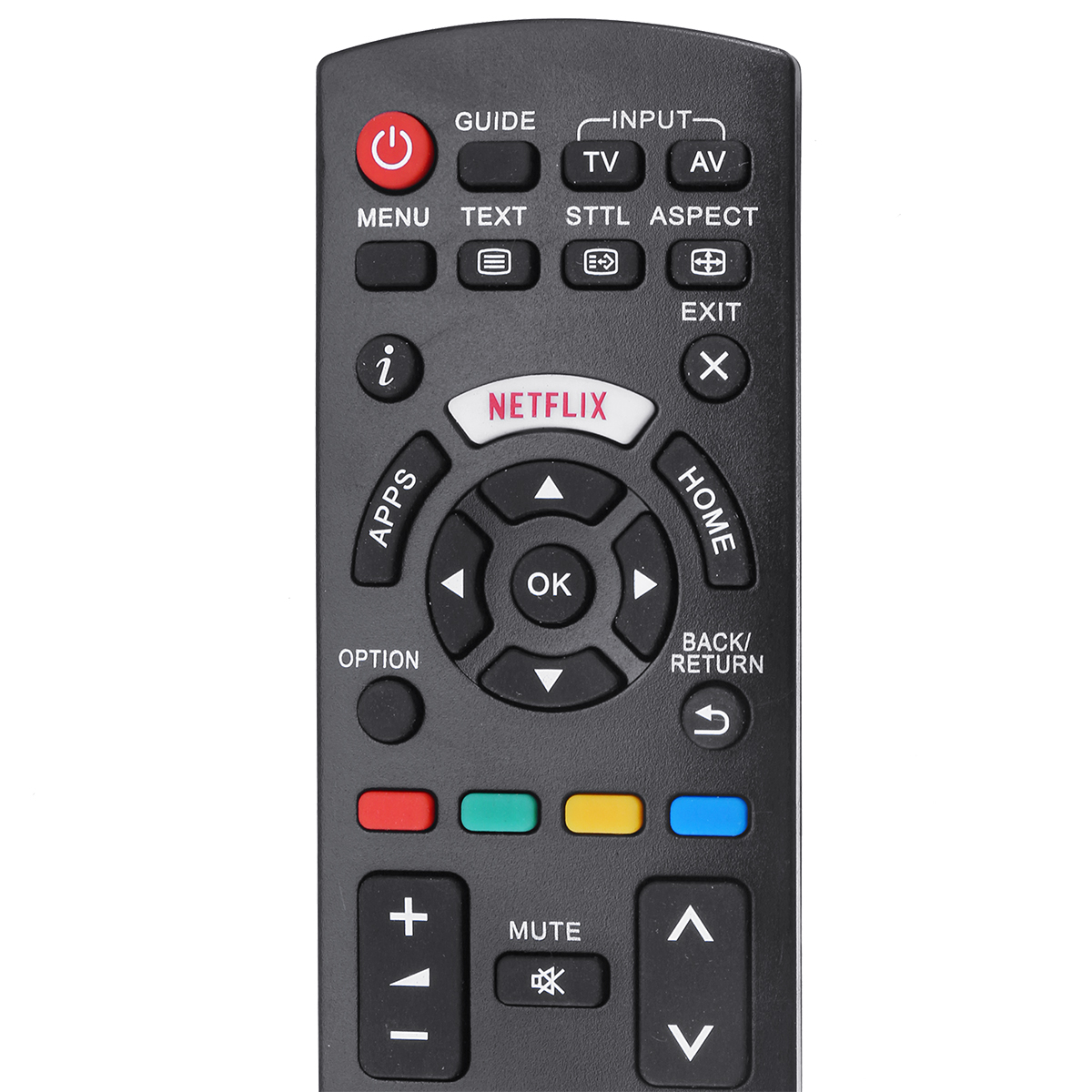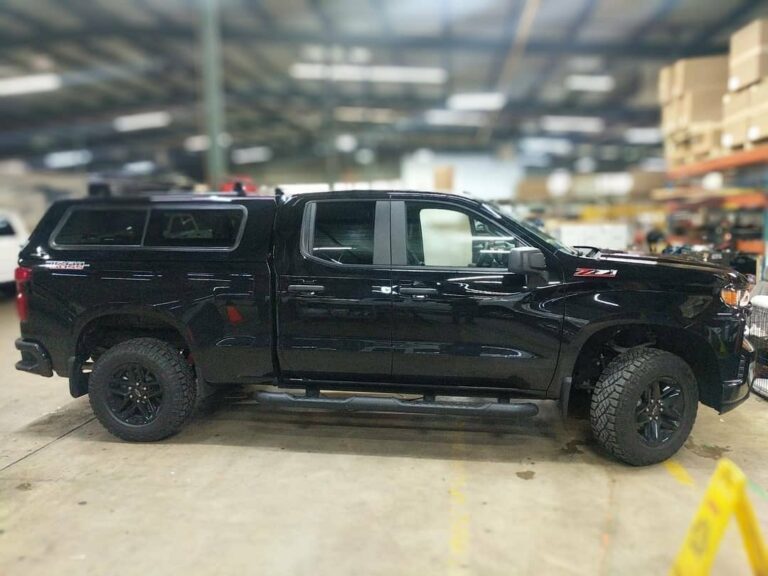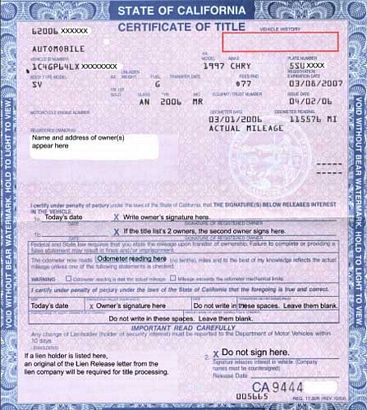Remote Car Starter Brands: A Comprehensive Guide to Choosing Your Ideal System
Remote Car Starter Brands: A Comprehensive Guide to Choosing Your Ideal System cars.truckstrend.com
Imagine stepping out on a frigid winter morning or a sweltering summer afternoon, only to find your car’s interior perfectly pre-conditioned – warm and toasty, or cool and refreshing. This isn’t science fiction; it’s the everyday reality for millions who have invested in a remote car starter. A remote car starter (RCS) is a device that allows you to start your vehicle’s engine from a distance, typically using a dedicated remote control, a smartphone app, or even a smartwatch. Beyond mere convenience, these systems offer enhanced comfort, save time, and can even contribute to vehicle longevity by allowing fluids to circulate before driving.
However, the market for remote car starters is vast, populated by numerous brands, each offering a unique blend of features, technologies, and price points. Navigating this landscape can be daunting. This comprehensive guide aims to demystify the world of remote car starter brands, helping you understand the key players, their strengths, and what to consider when making your crucial decision.
Remote Car Starter Brands: A Comprehensive Guide to Choosing Your Ideal System
Understanding the Core Functionality and Key Considerations
At its heart, a remote car starter system consists of a main control module installed in your vehicle, a remote transmitter (or an app interface), and often a bypass module. When you press the "start" button on your remote, a radio frequency (RF) signal is sent to the control module, which then communicates with your car’s electrical system, simulating the key turning in the ignition. Modern vehicles, with their complex security systems (immobilizers), almost always require a bypass module to allow the starter to operate without the physical key present.
Before diving into specific brands, it’s essential to understand the factors that will influence your choice:
- Range: How far away do you need to be to start your car?
- One-way systems: Send a signal but don’t confirm execution. Typically shorter range (800-2,000 feet).
- Two-way systems: Send a signal and receive confirmation (e.g., lights flash, remote beeps) that the car has started. Longer range (up to 3 miles).
- Smartphone-controlled systems (Telematics): Utilize cellular networks for virtually unlimited range, allowing control from anywhere with cell service. Requires a subscription.

- Features: Beyond basic starting, what else do you need?
- Keyless entry, trunk release, power window control.
- Security integration (alarm system).
- Heated seat/steering wheel activation (if your car supports it).
- Turbo timer (for turbocharged vehicles).
- Temperature sensing.

- Vehicle Compatibility: Not all starters work with all cars. Newer vehicles with complex electronics often require specific bypass modules. Manual transmission cars require additional safety interlocks.
- Installation Complexity: While some basic kits are marketed for DIY, professional installation is highly recommended for safety, warranty, and proper integration with modern vehicle electronics.
- Security Integration: Many remote starters double as security systems, offering shock sensors, door triggers, and alarm sirens.
- Warranty and Support: A good warranty and responsive customer service are crucial, especially for complex electronic systems.
- Budget: Remote starters range from budget-friendly basic systems to high-end, feature-rich options with recurring subscription fees.

Top Remote Car Starter Brands: A Detailed Overview
The market is dominated by a few key players known for their reliability, innovation, and breadth of products.
1. Viper (by Directed Electronics, DEI)
Overview: Viper is arguably the most recognizable name in remote car starters and vehicle security. A flagship brand of Directed Electronics (DEI), Viper has been a leader in innovation for decades, setting industry standards for range, features, and security.
Strengths:
- Extensive Product Line: Offers a vast array of systems from basic one-way starters to advanced two-way, LCD remotes, and cutting-edge SmartStart (smartphone control) modules.
- Cutting-Edge Technology: Often first to market with new features like digital bypass integration and cloud-based control.
- Robust Security Features: Many Viper systems integrate seamlessly with full-fledged car alarm systems, offering superior protection.
- Reliability: Known for durable remotes and reliable performance.
Popular Models/Series:
- Viper DS4+: A popular digital system offering excellent integration and compatibility.
- Viper 5706V: A classic two-way LCD remote system with significant range and security features.
- Viper SmartStart: Their telematics solution, allowing control from a smartphone, Apple Watch, or even Amazon Alexa, with virtually unlimited range (requires subscription).
Target Audience: Consumers seeking a premium, feature-rich, and reliable remote start and security solution, often willing to pay for advanced technology and brand reputation.
2. Compustar (by Firstech)
Overview: Compustar has carved out a reputation as a favorite among installers and enthusiasts for its high performance, exceptional range, and robust build quality. They are known for their reliable two-way systems and user-friendly interfaces.
Strengths:
- Superior Range: Often boasts some of the longest ranges in the industry, particularly with their Pro series remotes.
- Reliability & Durability: Their systems and remotes are built to withstand harsh conditions and extensive use.
- Modularity & Flexibility: Offers a wide range of modules and accessories (e.g., DroneMobile for smartphone control) that can be added to customize the system.
- Cold Weather Performance: Particularly popular in colder climates due to their proven reliability in extreme temperatures.
Popular Models/Series:
- Compustar Pro Series: Their top-tier line, featuring impressive range (e.g., Pro T12, Pro G15) and advanced features.
- Compustar Prime Series: More accessible models offering a balance of features and value.
- DroneMobile: Their smartphone telematics system, similar to Viper SmartStart, offering global control (requires subscription).
Target Audience: Users prioritizing maximum range, rugged reliability, and a highly customizable system. Ideal for those in colder climates or who need to start their car from far distances.
3. Fortin
Overview: While Fortin doesn’t primarily produce full remote starter kits, they are an absolutely critical brand in the modern remote start landscape. They specialize in high-quality, reliable bypass modules and standalone remote start systems that utilize the vehicle’s OEM key fob.
Strengths:
- Immobilizer Bypass Expertise: Fortin is a leader in developing modules that seamlessly integrate with complex vehicle immobilizer and data bus systems, making remote start possible for many newer cars.
- OEM Key Fob Integration: Many of their solutions allow you to start your car by pressing the "lock" button three times on your existing factory remote, eliminating the need for an additional fob.
- Reliability & Compatibility: Known for their wide vehicle compatibility and robust, trouble-free operation.
Popular Models/Series:
- Fortin EVO-ALL: A highly versatile all-in-one bypass and remote start module.
- Fortin EVO-ONE: Their premium, high-performance module for advanced installations.
Target Audience: Installers and users who want a reliable bypass solution, particularly for newer vehicles, or those who prefer to use their factory key fob for remote start. Often paired with other starter brands or used as a standalone solution.
4. iDatalink (Maestro)
Overview: Similar to Fortin, iDatalink (specifically their Maestro product line) is a crucial player in the vehicle integration space. While they don’t produce full remote start systems themselves, their modules are essential for connecting aftermarket remote starters and car alarms to a vehicle’s data bus, allowing for seamless communication and control of factory features.
Strengths:
- Unparalleled Vehicle Integration: Maestro modules excel at integrating aftermarket electronics with a vehicle’s CAN bus, enabling control of factory features like heated seats, climate control, and even displaying vehicle information on aftermarket head units.
- Simplifies Installation: Reduces the need for complex hardwiring by translating digital signals.
- Broad Compatibility: Supports a vast range of vehicle makes and models.
Popular Models/Series:
- iDatalink Maestro RR: Primarily for integrating aftermarket stereos, but their general expertise in vehicle data translation is critical for remote start.
- iDatalink Start-CAN: Specific modules designed for remote start integration.
Target Audience: Professional installers and users who need the most seamless and advanced integration between an aftermarket remote start system and their vehicle’s factory electronics.
5. Avital (by Directed Electronics, DEI)
Overview: Avital is another brand under the DEI umbrella, positioned as a more budget-friendly option compared to Viper, while still offering reliable performance and essential features.
Strengths:
- Affordability: Provides a cost-effective entry point into remote car starting.
- Simplicity: Often features simpler designs and a focus on core remote start functionality.
- Reliable Basics: Delivers dependable performance for basic remote start and keyless entry.
Popular Models/Series:
- Avital 4105L: A popular one-way remote start with keyless entry.
- Avital 5305L: A two-way remote start system offering confirmation and longer range.
Target Audience: Budget-conscious consumers who want the convenience of remote start without needing a multitude of advanced features or extensive range.
Other Notable Brands:
- Clifford / Python (by DEI): These are also DEI brands, historically known more for their advanced vehicle security systems, but they also offer integrated remote start capabilities. They often appeal to those prioritizing robust anti-theft features alongside convenience.
- AstroStart: Known for its strong performance in extreme cold, AstroStart systems are popular in northern regions. They are also part of the DEI family.
Remote Car Starter Brands: Estimated Price Guide
Please note that prices are highly variable based on the specific model, features, and where you purchase the system. Installation costs are not included and can range from $150 to $500+ depending on the vehicle and installer. Subscription fees for smartphone control are also separate.
| Brand | Typical System Price Range (USD, System Only) | Key Features / Value Proposition |
|---|---|---|
| Viper | $150 – $600+ | Industry leader, cutting-edge technology, vast feature set, robust security integration, premium smartphone control (SmartStart). |
| Compustar | $180 – $700+ | Exceptional range, highly reliable, durable remotes, modular system, strong cold-weather performance, popular DroneMobile smartphone integration. |
| Fortin | $80 – $250 | Specializes in highly compatible bypass modules and OEM key fob remote start solutions. Often used in conjunction with other brands or as a standalone. |
| iDatalink | $60 – $200 (for integration modules) | Leader in vehicle data bus integration, crucial for seamless functionality and advanced feature control in modern vehicles. (Not a full starter system brand). |
| Avital | $90 – $250 | Budget-friendly option, reliable core remote start and keyless entry features. Good value for essential convenience. |
| Clifford/Python | $200 – $550+ | Strong emphasis on vehicle security, integrated alarm systems, and advanced anti-theft features alongside remote start. |
| AstroStart | $180 – $450 | Renowned for reliability and performance in extreme cold weather. A trusted choice for harsh climates. |
Disclaimer: Prices are estimates and can vary significantly based on retailer, sales, specific model, and included accessories. Installation costs are always separate.
Installation: DIY vs. Professional
While the allure of saving money through DIY installation might be strong, for remote car starters, professional installation is almost always recommended.
Why Professional Installation?
- Complexity: Modern vehicles are equipped with complex electrical systems, CAN-bus networks, and immobilizers. Incorrect wiring can cause serious damage, including electrical fires or voiding warranties.
- Bypass Modules: Integrating bypass modules (like Fortin or iDatalink) requires specialized knowledge and programming tools.
- Safety: Especially for manual transmission vehicles, proper safety interlocks (e.g., parking brake engaged, car in neutral) are critical to prevent accidental starting in gear. Professionals ensure these are correctly implemented.
- Warranty: Many reputable brands will only honor their product warranty if it’s installed by a certified professional. Your vehicle’s warranty might also be protected if the installation is done correctly and doesn’t directly cause a problem.
- Troubleshooting: Professionals have the diagnostic tools and experience to quickly troubleshoot any issues.
When to Consider DIY (with Extreme Caution):
- If you have extensive experience with automotive electronics and wiring.
- If you are installing a very basic, plug-and-play system (which are rare for comprehensive remote starters).
- If your vehicle is older and has simpler wiring.
Even then, proceed with extreme caution, consult vehicle-specific wiring diagrams, and be prepared for potential challenges.
Maximizing Your Remote Starter Experience & Troubleshooting
- Understand Your Remote: Familiarize yourself with all button functions and their sequences.
- Battery Life: Keep spare batteries for your remote. Smartphone apps also drain your phone battery faster.
- Optimal Range: Obstacles like buildings, hills, and other electronic signals can interfere with range. Find an open line of sight if possible.
- App Features: If you have a smartphone-controlled system, explore all the app’s features, such as vehicle status, GPS tracking (if available), and event history.
- Routine Maintenance: Ensure your car battery is in good condition, especially in extreme temperatures, as remote starters draw power.
- Common Issues:
- Not Starting: Check remote battery, ensure car is in park/neutral, check hood pin switch (if installed), or if the car battery is dead.
- Short Range: Remote battery low, too many obstructions, or interference.
- Flashing Lights/Horn Honking: May indicate a security alarm trigger; check the vehicle.
Challenges and Solutions
- Immobilizer Bypass: Modern cars won’t start without the key’s transponder. Solution: A digital bypass module (Fortin, iDatalink) is essential.
- Manual Transmission Safety: Accidental starting in gear is dangerous. Solution: Proper installation includes safety features like mandatory parking brake activation and door open/close sequences before remote start.
- CAN-Bus System Complexity: Newer vehicles use complex digital networks. Solution: Choose brands and installers proficient in CAN-Bus integration; Fortin and iDatalink modules are key.
- Battery Drain: Some poorly installed or high-drain systems can deplete your car battery. Solution: Quality installation by a professional and choosing energy-efficient modules.
- Security Concerns: Some fear remote starters compromise security. Solution: Many systems integrate advanced alarm features, anti-grind technology, and secure encryption to prevent unauthorized access.
Conclusion
A remote car starter is more than just a luxury; it’s a practical enhancement that adds significant comfort, convenience, and even a layer of security to your daily driving experience. From the convenience of warming up your engine on a frosty morning to cooling down your cabin before you even step inside, the benefits are undeniable.
Choosing the right brand involves weighing your priorities: do you need the absolute longest range and cutting-edge features of a Viper or Compustar? Is budget a primary concern, making Avital a strong contender? Or are you looking for seamless integration with your factory key fob and advanced vehicle electronics, where Fortin and iDatalink become indispensable?
By understanding the core functionalities, evaluating your specific needs, and choosing a reputable brand with professional installation, you can unlock a new level of automotive comfort and make those extreme weather days a little more bearable. Invest wisely, and enjoy the blissful convenience of a pre-conditioned ride, every time you step into your car.
Frequently Asked Questions (FAQ) about Remote Car Starter Brands
Q1: Is a remote car starter bad for my car’s engine?
A1: No, generally not. In fact, starting your car remotely allows fluids to circulate and the engine to warm up gradually, which can actually be beneficial, especially in extreme temperatures. Modern remote starters typically run the engine for a preset time (e.g., 10-15 minutes) before shutting off, preventing excessive idling.
Q2: Can a remote starter be installed on a manual transmission car?
A2: Yes, but with crucial safety precautions. Manual transmission remote starters require additional safety interlocks, such as a "reservation mode" that ensures the car is left in neutral with the parking brake engaged before the engine can be remotely started. This prevents the car from lurching forward accidentally. Professional installation is highly recommended for manual transmission vehicles.
Q3: Will installing a remote starter void my car’s warranty?
A3: In most cases, no. The Magnuson-Moss Warranty Act protects consumers, meaning a car manufacturer cannot void your entire warranty simply because you installed an aftermarket part. However, if the remote starter directly causes a problem or damage to a specific component, the warranty for that specific component might be affected. Always choose a reputable brand and professional installer to minimize any risks.
Q4: How far away can I start my car with a remote starter?
A4: The range varies significantly by system:
- One-way systems: Typically 800 feet to 2,000 feet (line of sight).
- Two-way systems: Can range from 1,500 feet up to 3 miles (line of sight), with confirmation back to the remote.
- Smartphone (Telematics) systems: Offer virtually unlimited range, as they use cellular networks, allowing you to start your car from anywhere with cell service. These usually require a monthly or annual subscription.
Q5: Do I need a bypass module for my car?
A5: For most modern vehicles (roughly 2000s and newer), yes, a bypass module is almost always required. These modules allow the remote starter to interact with your car’s factory immobilizer and security system, tricking the car into thinking the key is present so it can start without the physical key. Brands like Fortin and iDatalink specialize in these critical components.
Q6: Can I use my original car key fob to remote start my vehicle?
A6: Yes, some remote starter systems, particularly those that integrate deeply with the vehicle’s data bus (often using Fortin or iDatalink modules), allow you to use your factory key fob. Typically, this involves pressing the "lock" button three times in quick succession to initiate the remote start sequence. This is a popular option for those who prefer not to carry an extra remote.
Q7: How long does it take to install a remote car starter?
A7: Installation time varies depending on the vehicle’s complexity and the specific system being installed. A professional installation can take anywhere from 2 to 4 hours, or even longer for more complex vehicles or highly integrated systems. It’s best to consult with your chosen installer for an accurate estimate.






